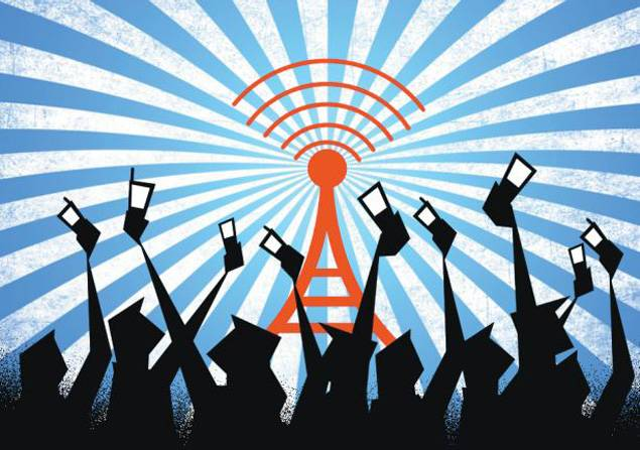How Internet Connectivity Improves People’s Lives in Developing Countries
Internet connectivity can help to improve access to information, opportunities, and services, and can contribute to the overall well-being and development of communities in developing countries, including:
- Education: Internet connectivity can provide access to a wealth of educational resources, including online courses, educational videos, and other materials. This can help to improve the quality of education and expand opportunities for learning, especially for people in remote or underserved areas.
- Employment: Internet connectivity can help people in developing countries to find and apply for jobs, as well as connect with potential employers and clients. It can also enable people to start and run their own businesses, providing a source of income and economic opportunities.
- Health: Internet connectivity can provide access to health information and resources, including telemedicine services, which can improve access to healthcare and lead to better health outcomes.
- Communication: Internet connectivity can help people to stay connected with friends and family, and to access news and information from around the world. It can also facilitate the exchange of ideas and facilitate collaboration with others.
- Political participation: Internet connectivity can provide a platform for people to engage in political discourse and participate in the democratic process, helping to promote transparency and accountability in governance.
We Need to Create Business Models that Deliver Value to Overcome the Digital Divide
Huawei recognizes the urgent need to reduce the deepening digital divide between those who benefit from connectivity and the internet, and those who don’t. Our...
How Refugee Saharawis Use ICTs in Their Fight for Independence
The Story of Western Sahara
The formation of the Sahrawi refugee camps in Tindouf, Algeria, started in 1975, when Spain sold off its former colony to Morocco and...
5 Step Process to Develop Mobile Phone Technical Skills Workshops
Not being able to operate a phone is one of the most reported barriers to women adopting and using mobile technology and ultimately accessing life-enhancing mobile...
5 Principles for Better Universal Service Fund Investments
Telecommunications is a lucrative business that generates a great deal of profit for network operators. Unfortunately, but not unsurprisingly, telecommunications...
Key Success Factors for ICT4D Solutions for Base of the Pyramid Consumers
Over the past decade, many organizations have leveraged newly available broadband to set up sustainable projects that better include the base of the pyramid (BOP)...
4 Questions for Internet.org as Internet for the Poor
Approximately 80% of the world’s population lives in areas already covered by 2G or 3G networks. The coverage is mostly urban, with the basic infrastructure already...
4 Reasons Why Global Satellite Internet Is A Fantasy
World famous entrepreneurs Elon Musk, founder of PayPal, SpaceX, and Tesla, and Richard Branson, founder of the Virgin Group, have both recently announced separate...
Using GIS Technology to Reach Afro-Colombian and Indigenous Populations
Colombian GIS Expert Carlos Julio Neisa is always looking for innovative ways to use maps and geographic data. To him, GPS coordinates can open up a world of possibilities...
4 Challenges to Reaching 3.8 Billion Mobile Internet Users by 2020
According to new data released by GSMA Intelligence, 3.8 billion people or half of the world’s population will be using mobile devices to access the Internet...
Should International Businesses Be Cautious of the Cloud’s Security?
In today’s technological age it’s rare to meet someone that doesn’t have an opinion on the cloud and its various applications in both the consumer...












